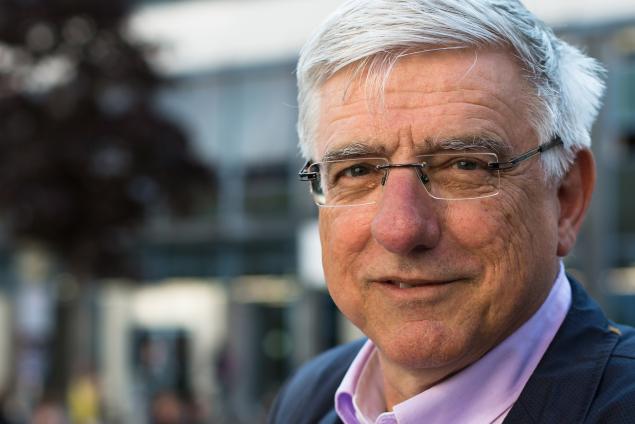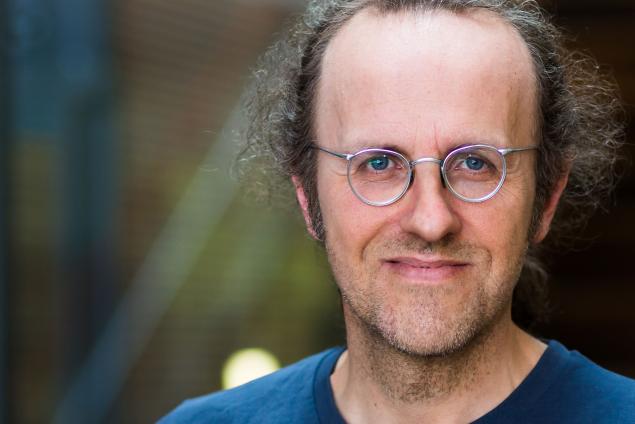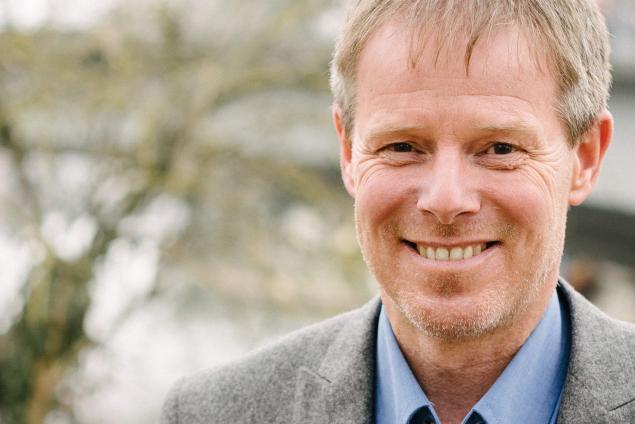The Earth system is unique and highly complex, presenting a daunting challenge to researchers that seek to model and understand it. Noting that existing approaches seem unable to arrive at reliable predictions for the implications of CO2 emissions, in this video, MARKUS REICHSTEIN proposes that new methodologies incorporating machine learning and artificial intelligence be brought to bear on the problem. Identifying notable parallels between conceptual challenges in the Earth system and successful applications of machine learning, Reichstein is careful to foreground problematic aspects of AI, arguing that the best methodological approach may well be hybrid, involving more traditional modeling alongside the data centered approach.
DOI:
https://doi.org/10.21036/LTPUB10819
Researcher
Managing Director since 2018 of the Max-Planck-Institute for Biogeochemistry, Markus Reichstein is also Director of its Department of Biogeochemical Integration. Additionally, Reichstein is Founding Joint Director of the Michael-Stifel-Center Jena for Data driven and Simulation Science at Friedrich-Schiller-University. His main research interests include biogeochemical soil interactions, data mining and dynamic global ecosystem modeling. Since 2014, Reichstein has been a member of the Climate Panel for the German State of Thuringia. A previous winner Microsoft’s Jim Gray seed award for excellence in e-science, Reichstein was the 2020 recipient of Germany’s most generously endowed research grant, the German Research Foundation’s (DRG) Gottfried Wilhelm Leibniz Prize.
Institution
The research is dedicated to the study of global biogeochemical cycles and their long-term interactions with the biosphere, the atmosphere, the geosphere and the entire climate system. We want to better understand how living organisms - including humans - exchange basic resources such as water, carbon, nitrogen and energy with their environment and how this affects global climate and ecosystems. Biogeochemistry is the science of the Earth's metabolism. Elements essential to life such as carbon, nitrogen, oxygen and phosphorus are constantly undergoing biological, chemical and physical transformations as they are exchanged between different parts of the Earth, the lithosphere, hydrosphere, biosphere and atmosphere. The "biogeochemical cycles" quantitatively describe the distribution and exchange of elements between these components of the Earth system.
Original publication
Deep Learning and Process Understanding for Data-Driven Earth System Science
others, Stevens Bjorn, Reichstein Markus, Camps-Valls Gustau, Jung Martin, Denzler Joachim and Carvalhais Nuno
Nature
Published in 2019
How Does Artificial Intelligence Advance Earth System Modelling?
Filling Space
Published in 2019




